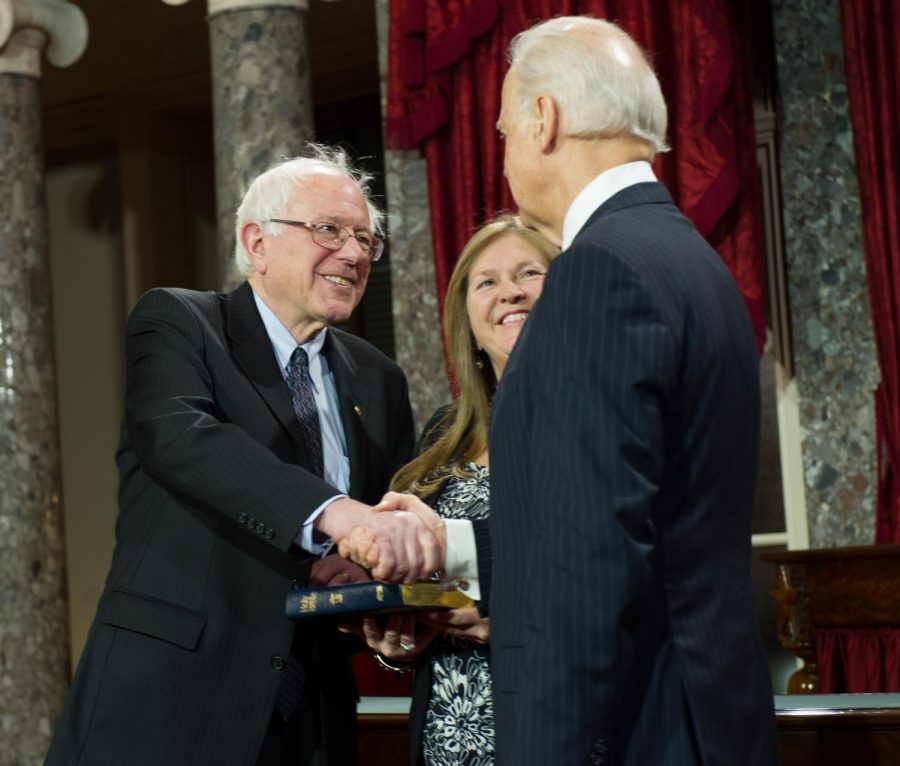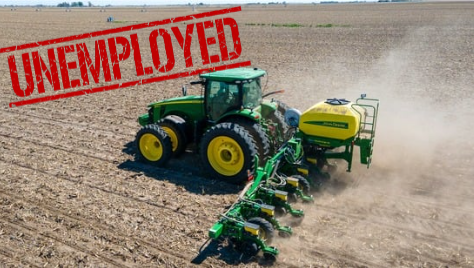The Democratic primary battle has become much more competitive since Tuesday, with a sudden surge in support for former Vice President Joe Biden carrying him to victory in ten of the 15 “Super Tuesday” contests. Senator Bernie Sanders won four states, including delegate-rich California, whereas former NYC mayor Michael Bloomberg won only American Samoa.
Although Biden won two-thirds of the state elections, his lead over Sanders is significantly smaller. In the Democratic primaries, pledged delegates are allotted to candidates based on overall vote percentages. For example, though Biden won Texas overall, he was only awarded 111 of the states 228 delegates, with the rest being split between Sanders, Bloomberg, and Senator Elizabeth Warren.
The Super Tuesday delegate count currently stands at 610 for Biden, 513 for Sanders, 61 for Bloomberg, 53 for Warren, and 2 for Hawaii Representative Tulsi Gabbard. 1,991 pledged delegates are needed to clinch the party nomination. But the Super Tuesday delegates haven’t been fully decided yet.
102 delegates remain to be awarded in California due to the state’s allowance of mail-in voting. As a result, millions of ballots still need to be counted by hand, meaning final results won’t be available until early April. The rest of California’s delegates are expected to be split roughly evenly between Sanders and Biden.
Biden’s momentum started after his resounding victory over the rest of the Democratic field in the South Carolina primary. In the week following South Carolina, candidates Amy Klobuchar and Pete Buttigieg dropped out and endorsed Biden, giving him momentum and the support needed to carry him over the top in crucial states like Texas, Minnesota, and Maine.
The sudden coalescence of support behind Biden was a key role in his national support, which translated into more of the pledged delegates crucial for the party nomination. Junior Ben Curran, a Buttigieg supporter who is now for Biden, believes their support was responsible for the victory. “Without Pete and Amy [cutting into his support], Biden was able to stand up to Bernie,” Curran said. “They definitely made a huge impact.”
After the ballots (California excepted) were counted, Bloomberg and Warren both exited the race, leaving Biden and Sanders as the only serious contenders left. Bloomberg, who received little return for more than $500 million spent, threw his support behind Biden. Warren has yet to endorse a candidate. However, her supporters tend to align more with Sanders, indicating that he may gain the most from her exit.
Junior Taze Wilson sees the dropouts as an indication of party leaders’ opinions on the race. “Joe Biden’s not dead,” he said. “The DNC [Democratic National Committee] establishment is not backing down and they are just as committed to beating Bernie as they are to beating Trump.”
If neither candidate clinches a majority of delegates by the convention, the establishment’s support could be crucial. A contested convention has not happened since the 1950s, but Democratic party rules give party heads voting privileges if no candidate seizes a majority on the first ballot.
Biden’s Super Tuesday surge transformed the primary race. Whether it gives him enough momentum to win the nomination remains uncertain, but one thing is certain: the 2020 Democratic race is anything but over.





















